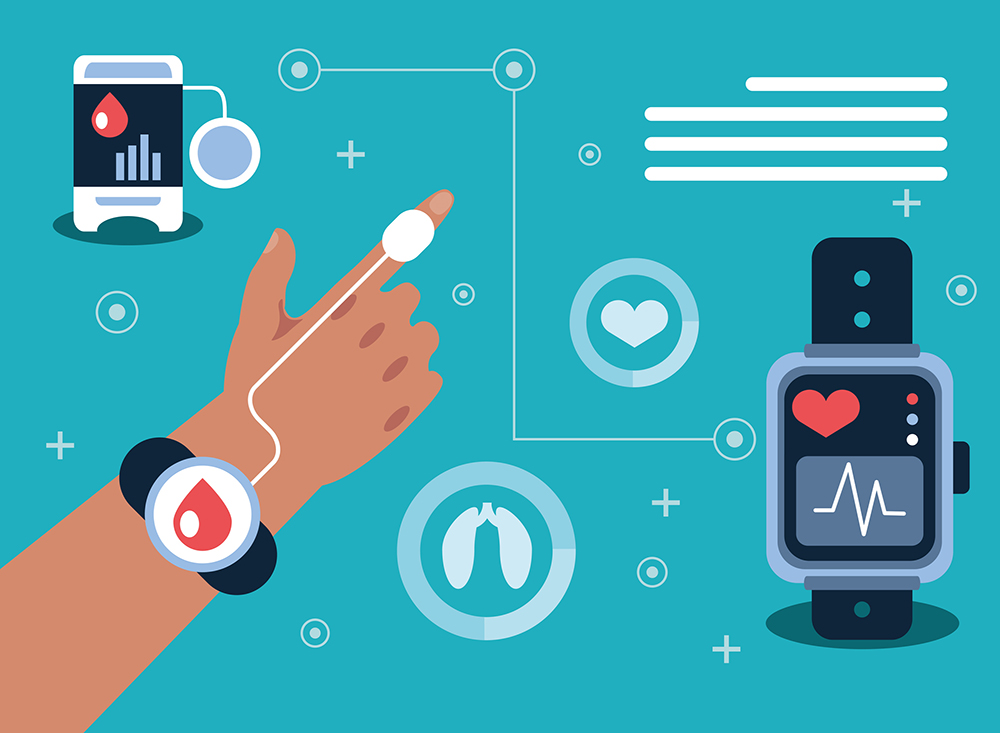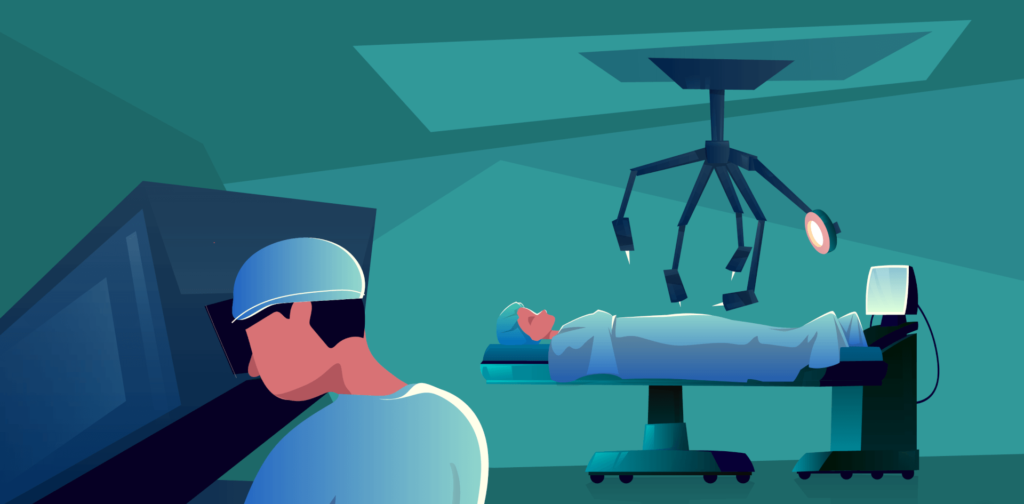Innovations in medicine have revolutionized healthcare, improving patient outcomes, enhancing diagnostic capabilities, and transforming the way medical professionals deliver care. From cutting-edge medical devices to breakthrough treatments, technology plays a crucial role in advancing the field of medicine. In this article, we’ll explore some of the most exciting innovations in medicine and how they are reshaping healthcare delivery.
1. Telemedicine and Remote Patient Monitoring:
One of the most significant innovations in medicine is the rise of telemedicine and remote patient monitoring technologies. Telemedicine allows patients to consult with healthcare providers remotely, enabling access to medical care from the comfort of their homes. Remote patient monitoring devices, such as wearable sensors and smartphone apps, enable healthcare professionals to track patients’ vital signs and health metrics in real-time, facilitating early intervention and personalized care.
2. Artificial Intelligence and Machine Learning:

Artificial intelligence (AI) and machine learning (ML) are transforming healthcare by analyzing vast amounts of medical data to identify patterns, predict outcomes, and assist in diagnosis and treatment decisions. AI-powered algorithms can analyze medical images, such as X-rays and MRIs, with greater accuracy than human radiologists, enabling faster and more accurate diagnosis of conditions such as cancer and heart disease. Additionally, AI-driven predictive analytics can help healthcare providers identify patients at high risk of developing certain diseases and intervene proactively to prevent complications.
3. Robotics and Minimally Invasive Surgery:
Advances in robotics have revolutionized surgical procedures, allowing for greater precision, efficiency, and less invasive techniques. Robotic surgical systems, such as the da Vinci Surgical System, enable surgeons to perform complex procedures with enhanced dexterity and control, leading to faster recovery times and reduced post-operative complications. Minimally invasive surgery techniques, facilitated by robotics and advanced imaging technologies, result in smaller incisions, less pain, and shorter hospital stays for patients.
4. Personalized Medicine and Genomics:
The advent of genomics and personalized medicine has ushered in a new era of healthcare, where treatments are tailored to an individual’s unique genetic makeup. Advances in DNA sequencing technologies have made it possible to sequence an individual’s genome quickly and affordably, enabling healthcare providers to identify genetic variations associated with disease risk, drug response, and treatment efficacy. Personalized medicine allows for more precise diagnosis and treatment selection, improving patient outcomes and reducing adverse reactions to medications.
5. Wearable Health Technologies:
Wearable health technologies, such as fitness trackers, smartwatches, and biosensors, are empowering individuals to take control of their health and wellness. These devices monitor various health metrics, including heart rate, activity levels, sleep patterns, and stress levels, providing users with valuable insights into their overall health and well-being. Additionally, wearable devices can alert users to potential health issues, such as irregular heart rhythms or abnormal glucose levels, prompting them to seek medical attention when necessary.
6. Virtual Reality and Simulation Training:

Virtual reality (VR) and simulation technologies are revolutionizing medical education and training by providing immersive learning experiences for healthcare professionals. VR simulations allow medical students and practitioners to practice surgical procedures, patient interactions, and emergency scenarios in a realistic, risk-free environment, enhancing their skills and confidence before entering clinical practice. Additionally, VR can be used to treat a variety of medical conditions, such as chronic pain, anxiety, and post-traumatic stress disorder, by providing immersive experiences that distract and engage patients during treatment.
In conclusion, innovations in medicine are transforming healthcare delivery and improving patient outcomes across the globe. From telemedicine and AI-driven diagnostics to robotic surgery and personalized medicine, technology continues to drive advancements in the field of medicine, enabling healthcare providers to deliver more effective, efficient, and patient-centered care. As technology continues to evolve, we can expect to see even more groundbreaking innovations that will further revolutionize the way healthcare is delivered and experienced.

